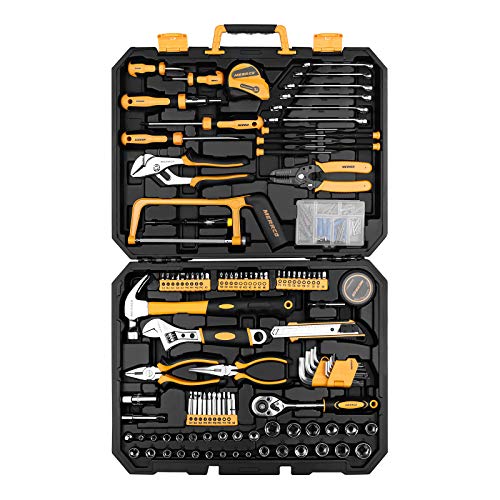rruf said:
Livelihoods and homes? If someone is planning to buy an irrigated Ag operation, they should consider the risks in that case. But a blanket statement that buying property in all the SW is too risky given the "current water situation" is not sensible. What is the actual risk? Note that we are talking about low budget living on cheap land in the boonies in this thread...
First, I never made a blanket statement.
Second, the original statement-maker arguably just said that it was too risky /for them/, which is not a blanket statement either.
Third, it
is risky, period. It's risky to commit to the area at all, let alone to sink one's retirement savings into a place one might not be able to live. That's true of anywhere right now and especially true of a region in a megadrought. (Or at sea level. Or, per some forecasts,
in a Sunbelt city.)
Fourth, not sure what's so scoff-able about "homes and livelihoods." If you live in a VW bug, you have a home you could lose. If you make your living by collecting SSI and picking up soda cans, you still have a livelihood. If you live under a tree or in an abandoned gas station, you'd still be sorry to lose it.
And if you know Southwest history at all, you know that everything from war to economic change to dam-building to crooked land deals to Indian removal to whatever the h3ll happened at Chaco Canyon has destroyed plenty of homes and livelihoods, plenty of times.
Fifth, land purchase -- even of "cheap" land -- is a big deal. Choosing where to spend your retirement savings (assuming you have any lol) is also a big deal. And on this forum, as in most of life, it's best not to assume what "cheap" or "low budget" might mean to the next guy (maybe he's poorer than you) or what his retirement plans are (maybe he's richer than you and has higher expectations).
Sixth, I wouldn't be too quick to associate "lower budget" with "lower risk" -- that's a sword that can cut both ways.
A lot of people are making really painful choices right now about where they think they can safely or affordably live. Times are hard. Times are changing. The drought is real. Might as well get as informed as possible and let people make their own calculations on what will work for them.









































































